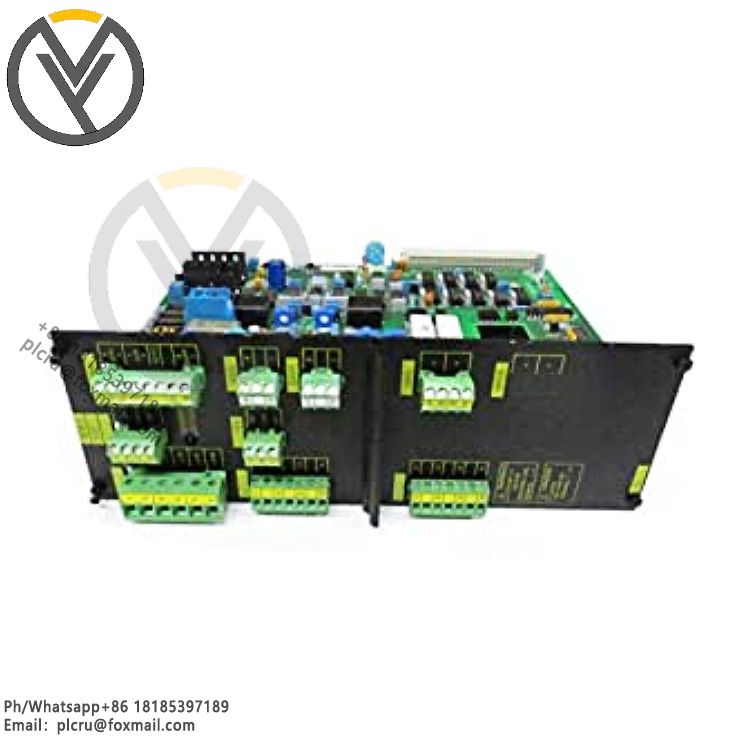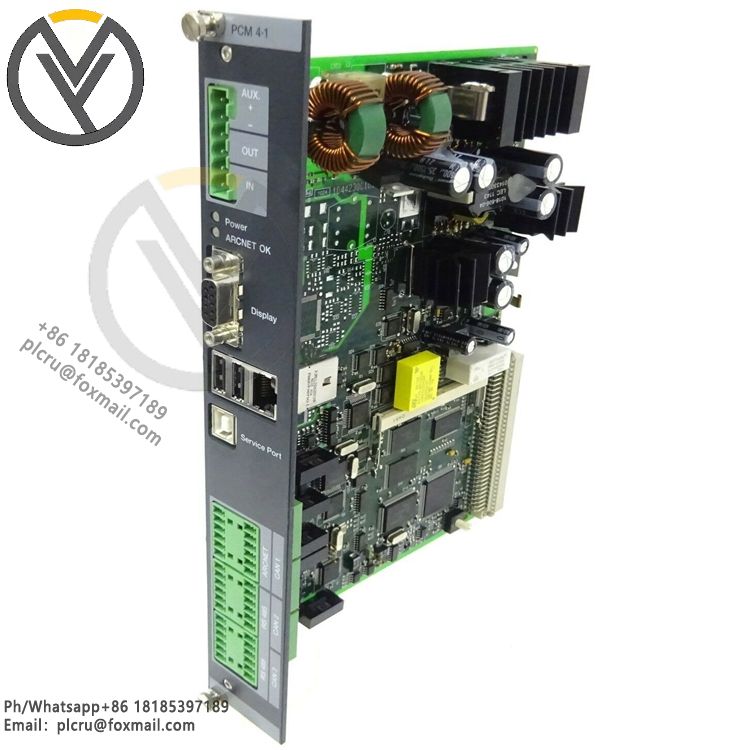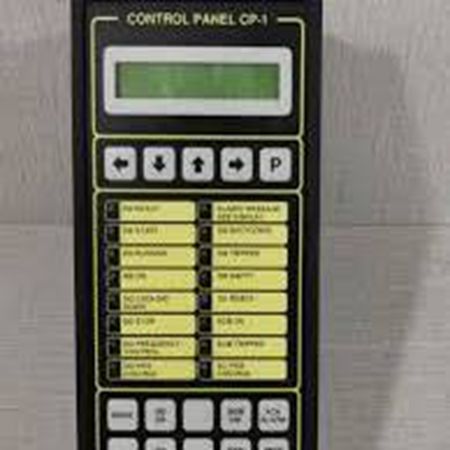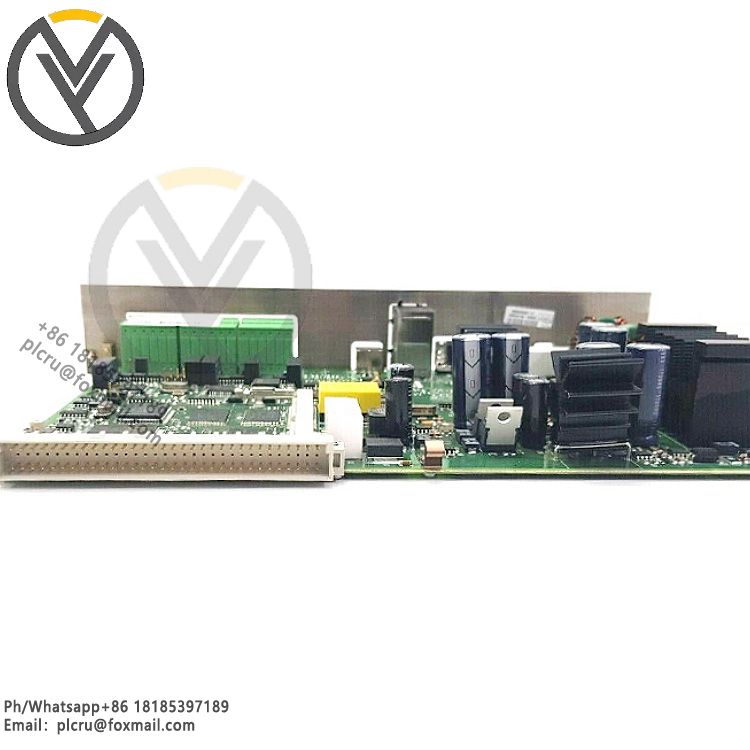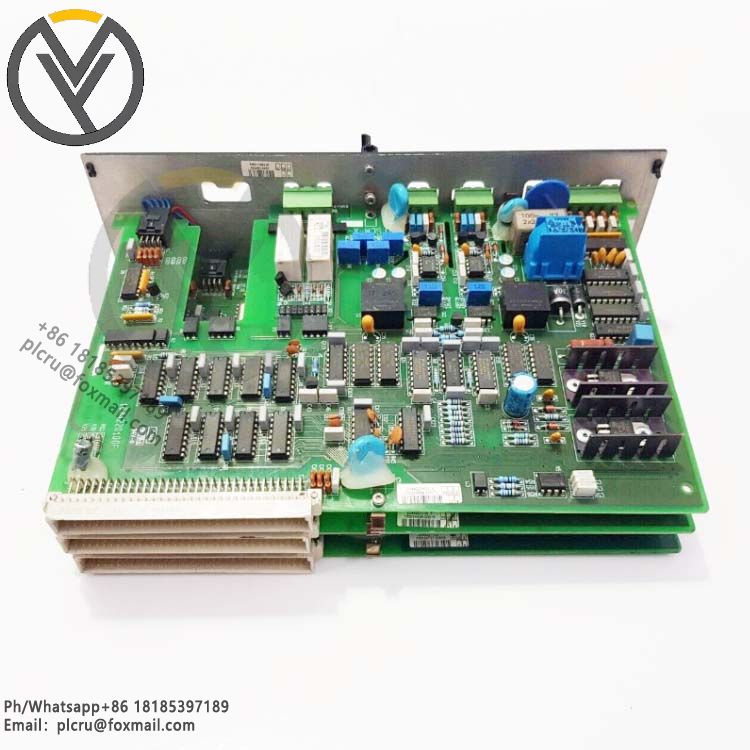
DEIF DIM5-1 Indicates the digital I/O module
Delivery time 3 days
Product origin New/used
Email plcru@foxmail.com
Mobile/wechat /WhatsApp +86 18185397189
The DEIF DIM5-1 digital I/O module is a device produced by DEIF for the implemen
The DEIF DIM5-1 digital I/O module is a device produced by DEIF for the implementation of digital signal input and output. Such modules are commonly used in industrial automation and control systems to connect and control a variety of digital sensors and actuators. Here are some of the features and functions of the DEIF DIM5-1 digital I/O module:
Digital signal input and output: The DIM5-1 module provides a certain number of digital input and output channels, allowing users to connect digital sensors (such as switches, proximity sensors, etc.) and digital actuators (such as indicators, solenoid valves, etc.). These channels can be configured to different logic levels (such as TTL, CMOS, etc.) to meet different application requirements.
Flexible configuration: You can configure the DIM5-1 module by using the software or hardware configuration tool to set the input and output logical status, channel type, and scan rate. This provides users with a high degree of flexibility and customization to meet different control needs.
Communication interface: DIM5-1 modules usually support standard communication protocols and interfaces, such as Ethernet, Modbus, CAN, etc., for data exchange and communication with other control systems and devices. This allows users to achieve remote control and monitoring through remote monitoring and control systems.
Diagnosis and fault indication: This module may have a fault diagnosis function that can detect and indicate abnormal conditions such as channel faults, communication faults, and so on. This helps users find and deal with problems in a timely manner, and improves system reliability and stability.
Environmental adaptability: Considering the complexity of the industrial environment, the DIM5-1 digital I/O module may be designed with good environmental adaptability, able to resist the influence of adverse conditions such as high temperature, low temperature, humidity, vibration, etc., to ensure stable and reliable work.
Safety certification: In order to ensure the quality and safety of the product, the module may have passed the relevant safety certification, such as CE, UL, etc. This provides users with reliable quality assurance and compliance guarantees.
